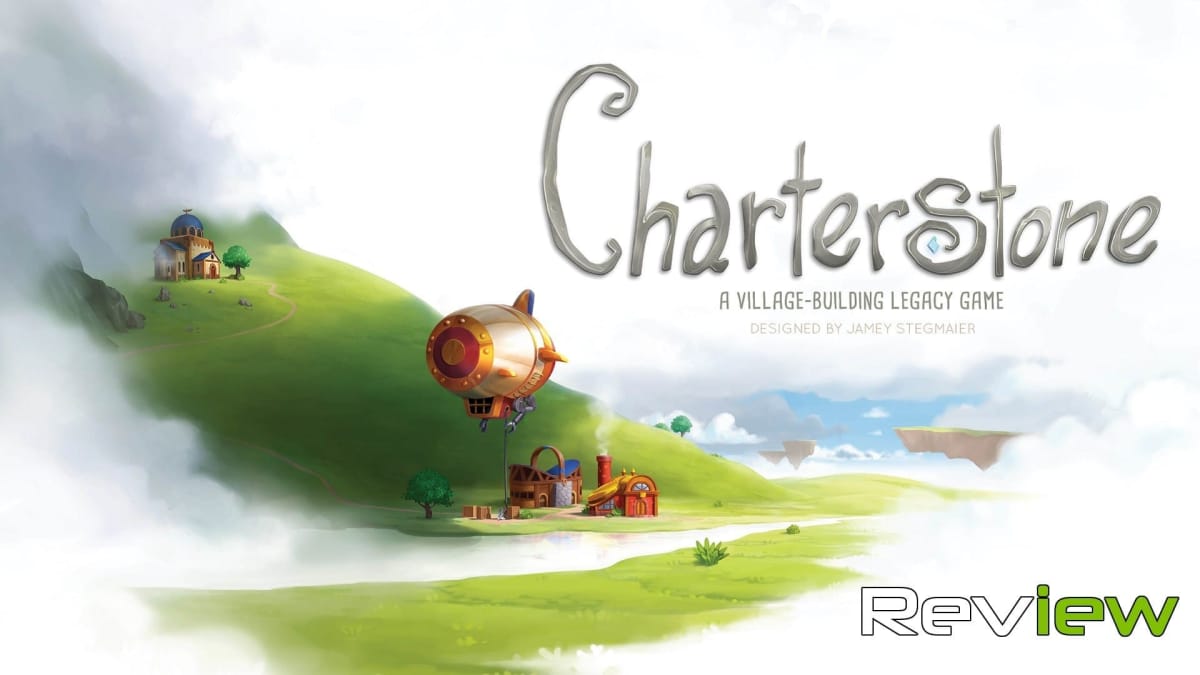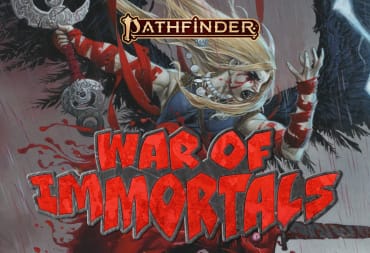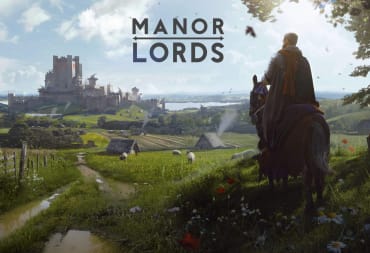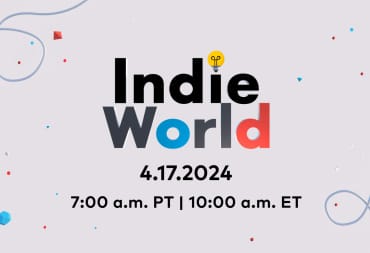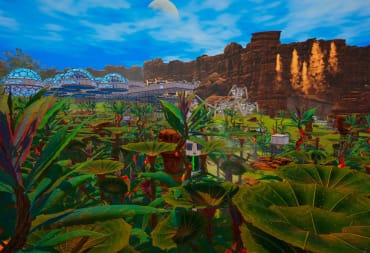The Forever King sent you and a few other settlers down on this hunk of rock a few weeks ago, and things have been progressing nicely. You've established a small but stable economy, you've discovered new and exciting advancements to your land, and the world seems to bloom before you each time you set about to get to work. But the Forever King's temperament is always in flux, your neighbors seem to be growing in their accomplishments faster than you, and you can't decide the role you want to take in the creation of this land. This is life in Charterstone: Digital Edition, developed by Acram Digital and available now on Steam, iOS, Android, and Nintendo Switch.
Put simply (because it is not, despite the cute illustrations, a simple game) Charterstone is about building buildings, opening crates, amassing resources, and gaining victory points through a wide variety of objectives and goals. Each player chooses a starting character and a starting "charter," or opening area, places a building that provides their core resource (pumpkin, wood, brick, coal, iron, and grain), and begins placing their workers to take actions. The game starts with few options but is quickly complicated as players discover and place more buildings on the board.
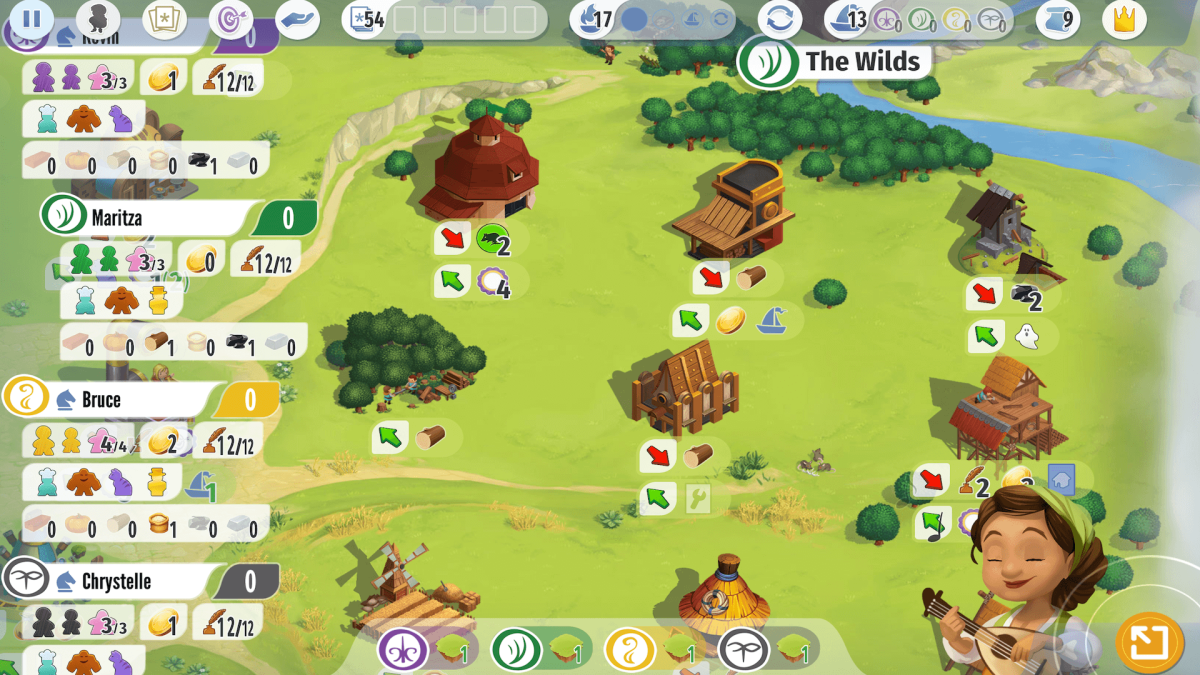
The Charterstone Legacy
Originally designed by Jamey Stegmaier for Stonemaier Games, Charterstone is the first tabletop "legacy" board game to get the digital treatment. Designed as a competitive strategy and "worker placement" game — meaning players place worker tokens on various spots on the game board to gain resources and reap benefits — the original board game was all about constant change the more you played. In each session, new assets are discovered — everything from new game rules to new buildings and resources — and permanently added to the game via stickers (both placed on the board and into blank slots in the rulebook). Then, the next time players open up the game, the changes and decisions they made in the previous game remain from then on.
Now that this process has been ported over to digital, a bit of the novelty of placing stickers on a custom board is lost. What is gained, however, is an ease of play that greatly heightens the overall experience. One of the core mechanics of Charterstone is the act of opening "Crates" full of interesting new buildings. In the physical version of the game, players are instructed to pull a certain range of cards by a tag number as they open each crate. Now, that process (and many other processes, including the various tracking of point values) is obviously done digitally, and the result is an easy, breezy play experience.
Playing The Game
Charterstone: Digital Edition brakes up into two different gameplay formats, Single Game and Campaign, both available for solo play or play with friends. In Single Game, players embark on a single game using either a randomly generated map full of buildings and variable rules, a map they've completed in Campaign play, or a few pre-loaded maps (including board game personality Tom Vasel of The Dicetower's game map) and a single game session is played out to completion. But where the game really shines is in Campaign mode.
Split up into twelve separate games, Campaign mode starts with a blank map and a very simple ruleset. As players open the above-mentioned crates, they unlock new buildings and rules (including more workers to place and more ways to score points). And each game session may have different scoring mechanisms and point bonuses based on choices the players make in between games.
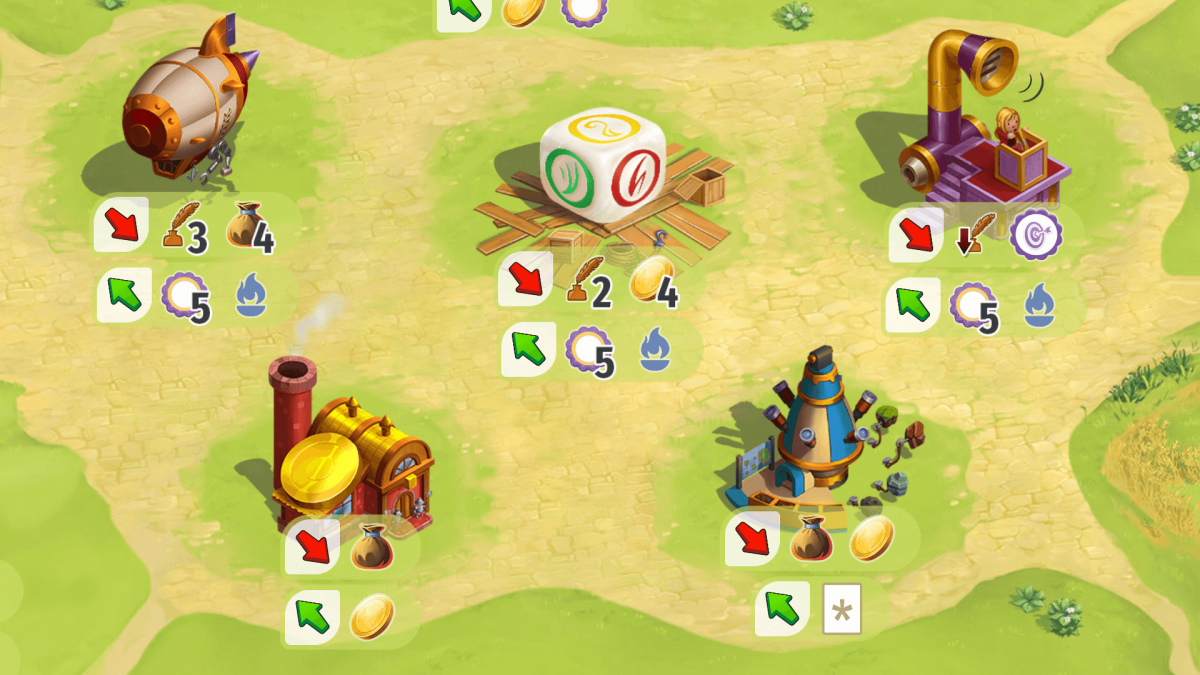
Light Decisions, Light Vibes
In between almost every game, the player with the most influence (another resource managed and tracked in the game) will make a decision for the entire map. Some of these decisions will anger the Forever King, while others will please the Forever King. Without spoiling too much of the surprise of the game (because there are some surprises), these choices can change everything from simple rules of the game to ways the final scores are tallied. Overall, though, the selling point of "making decisions with branching choices" doesn't pay off as strongly as I would like. You can play through the game fairly well without paying much attention to decisions you make, and if you're playing solo against AI, you seldom get the choice to make a decision on your own.
But, in a way, that speaks to the overall tone of Charterstone. It's a beautifully illustrated and lightly animated game the embraces taking your time, being thoughtful, and hanging out in this very pleasant world. The background music is all orchestral swells, and your character smiles placidly up at you as you consider your turns. There's a non-seriousness to this game that wonderfully undercuts the depth of strategy on display, the resulting feeling is kind of like solving a tricky math problem by taking a stroll through a field of sunflowers.
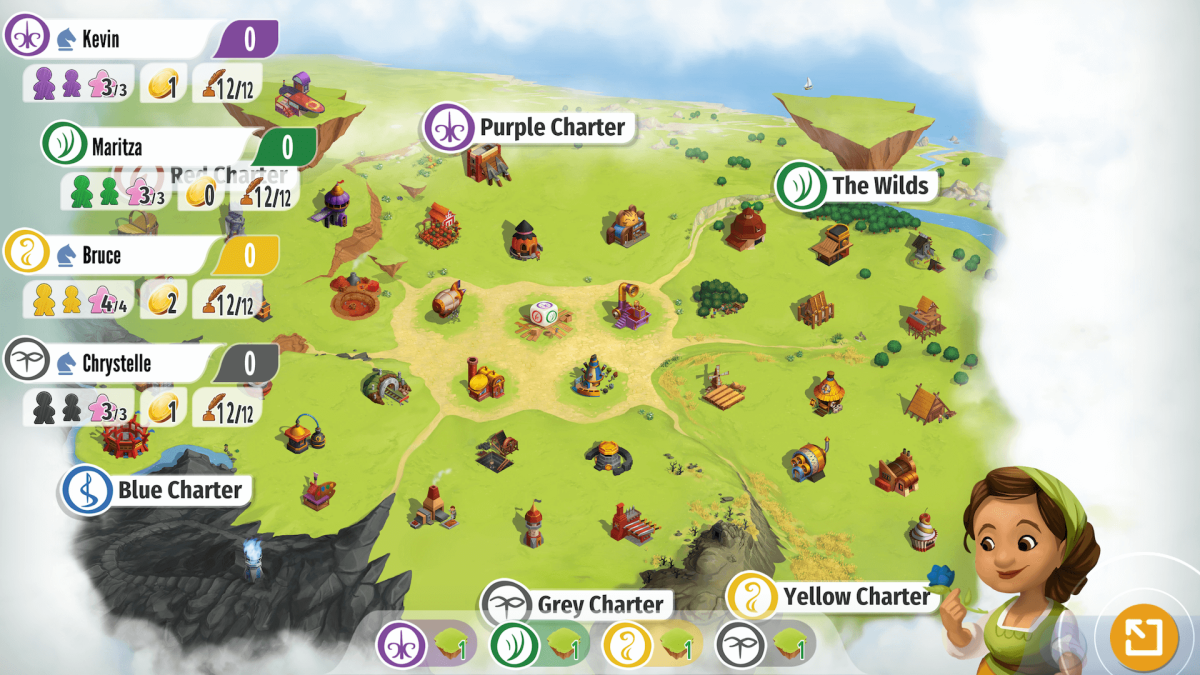
Final Thoughts
Porting Charterstone into a digital game is, by all accounts, a brilliant idea. The game runs incredibly smoothly, automating the most frustrating parts of playing any physical board game. The flip side to that, though, is that it may even run a bit too smoothly, as rules text can breeze by without players taking much notice. My first playthrough of the 12-game Campaign left me wondering (especially in the early games) how some of the most basic rules interacted with each other. I often found myself leafing through the rules text (which also nicely expands itself as you uncover more unlocked rules) to freshen up on rules in a way I wouldn't have been able if the process wasn't automated.
The artwork is light, fun, and breezy, and the game walks you into a blossoming system of interacting game mechanisms, win conditions, strategies, and tactics. While the decision trees aren't as impactful as they are in other legacy games (like board game classics Pandemic: Legacy and Gloomhaven) I was still fully engaged and curious as to what would unfold next in my second playthrough. Whether you're a worker placement pro or totally new to board game mechanics and strategy, Charterstone: Digital Edition is a fantastic entry into the genre.
TechRaptor reviewed Charterstone: Digital Edition on PC via Steam with a copy provided by Acram Digital.
Review Summary
Pros
- Complexity that Slowly Grows over Time
- Bright, Colorful Graphics and Good UI
- Cross-Platform Play
Cons
- Storytelling Isn't Always Present
- Steep Learning Curve At The Start
Have a tip, or want to point out something we missed? Leave a Comment or e-mail us at tips@techraptor.net
